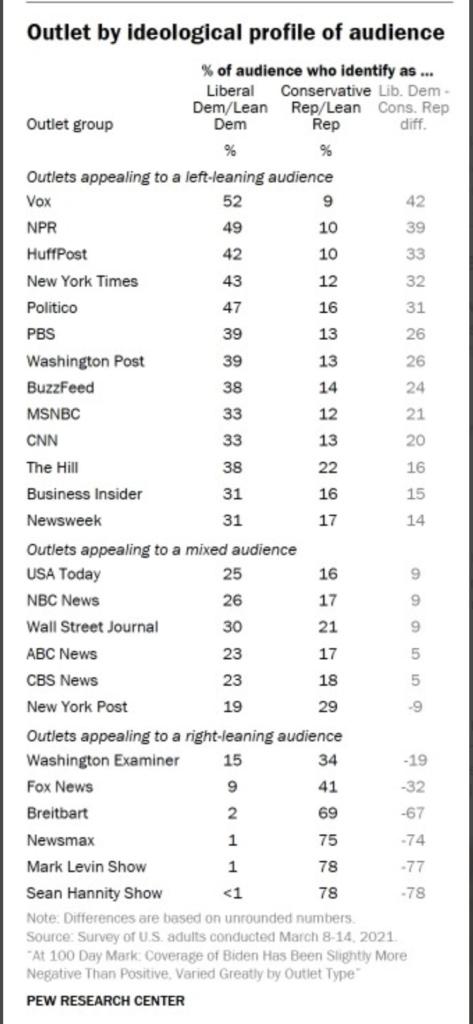Jeopardy’s Wokeness Contagion
From the NYT, a Jeopardy story of liberal contagion following a contestant gesturing that he won three games with three fingers:
A full 595 former contestants eventually signed on to the final draft of the letter, asking why “Jeopardy!” hadn’t edited out the moment. It went on to proclaim: “We cannot stand up for hate. We cannot stand next to hate. We cannot stand onstage with something that looks like hate.”
. . .
So the element of this story that interests me most is how the beating heart of nerdy, liberal fact-mastery can pump blood into wild social media conspiracy, and send all these smart people down the sort of rabbit hole that leads other groups of Americans to believe that children are being transported inside refrigerators. And, I wanted to know, how they could remain committed to that point of view in the absence of any solid evidence.
What caused this insanity? It's a well-written article by Ben Smith, with applications far beyond Jeopardy. One of the reasons: "Social media turns just about everything into a kind of team sport, including analyzing the ills of social media."
This is a clear example of liberal contagion, in a world filled with both liberal and conservative contagion.

